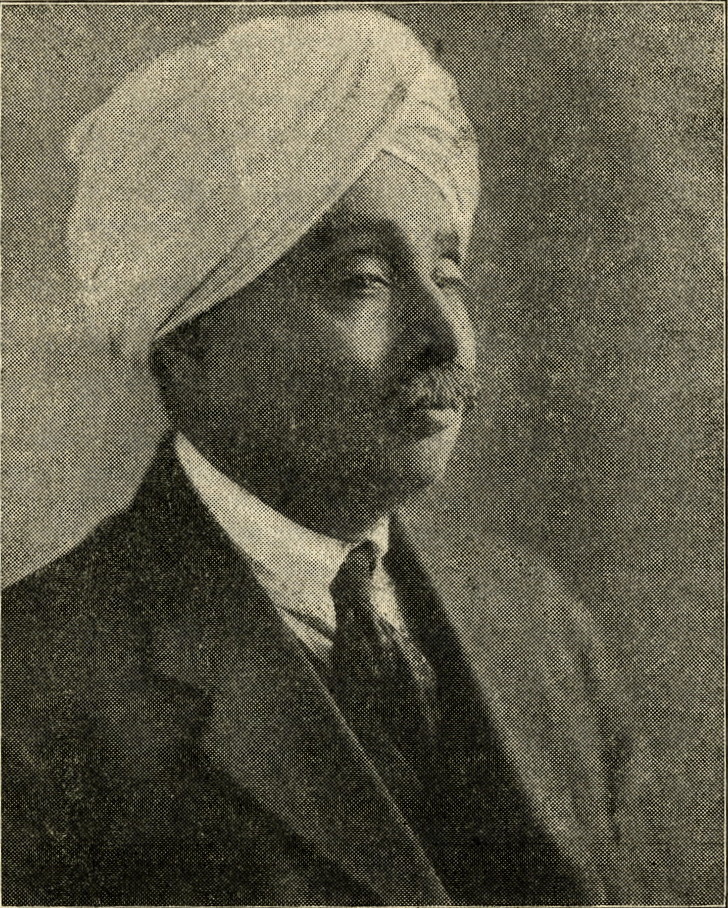Lala Lajpat Rai: Quoted in B.R. Ambedkar, Pakistan, Vol. 8 Writings and Speeches, also in K. Elst Decolonizing the Hindu Mind, Rupa 2001, and also quoted by A. Ghosh in "Making of the Muslim psyche" in Devendra Swarup, Politics of conversion, New Delhi, 1988, p148. http://www.ivarta.com/columns/OL_030114.htm http://eminentpeopleonislam.blogspot.com/2013/08/lala-lajpat-rai-1865-1928.html
Lala Lajpat Rai: Citations en anglais
As quoted in [Under the Shadow of Gallows, Gulab Singh, Rup Chand, 1963, 12 February 2012, 40, Naujawan Bharat Sabha] Said by Lala Lajpat Rai at a public meeting in Lahore on the evening of 20 October, 1928 after protesters (including Lala Lajpat Rai) heading towards the Lahore railway station to greet the Simon Commission with protests were lathi-charged earlier on the same day.
What India Owes Lala Lajpat Rai by Aravindan Neelakandan https://swarajyamag.com/ideas/what-india-owes-lala-lajpat-rai
“Every blow that they hurled at us drove one more nail into the coffin of the Empire.”
What India Owes Lala Lajpat Rai by Aravindan Neelakandan https://swarajyamag.com/ideas/what-india-owes-lala-lajpat-rai
What India Owes Lala Lajpat Rai by Aravindan Neelakandan https://swarajyamag.com/ideas/what-india-owes-lala-lajpat-rai
in B.R. Ambedkar, Pakistan or The Partition of India (1946)
